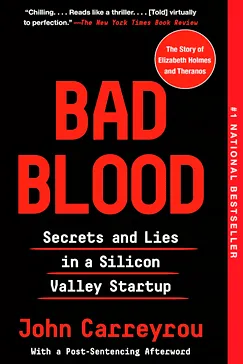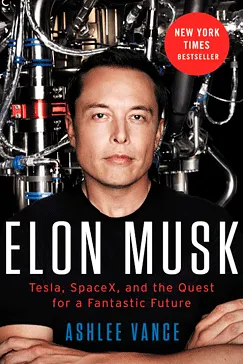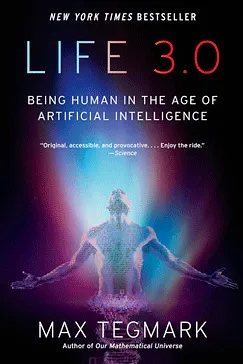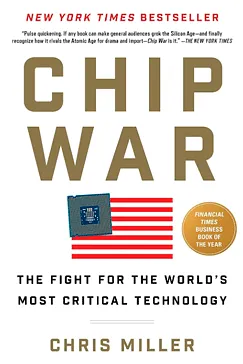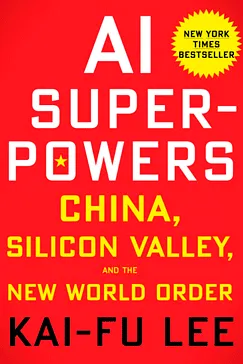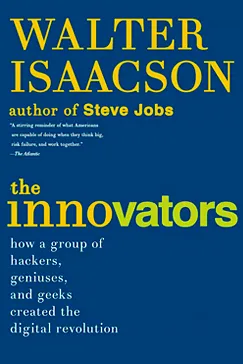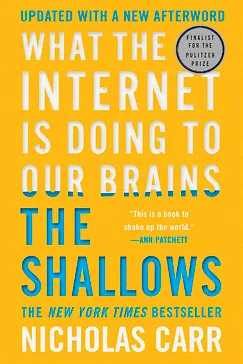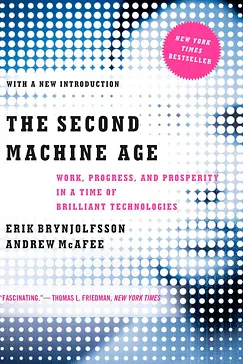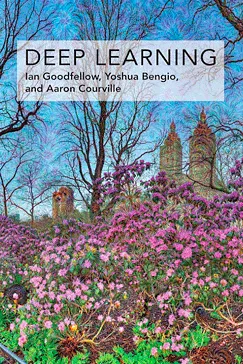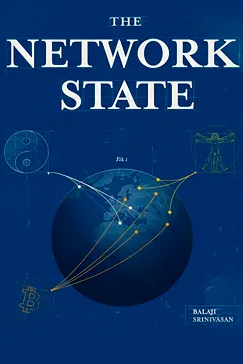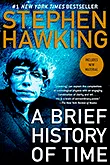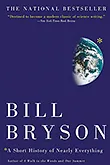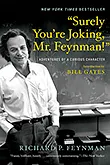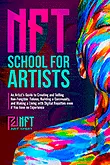Stay ahead of the curve in the rapidly evolving tech landscape with our list of must-read technology books of all time.
Bad Blood
It's an exuberant story of the rise and fall of Theranos—a biotech company that vowed to revolutionize blood testing. The company, under the direction of Elizabeth Holmes, became a Silicon Valley sensation, drawing investors and partners on the prospect of a technology unlike anything the world had ever seen. It was in the exposé through investigative journalism that the story of lies, corporate fraud, and dangerous short-cuts that the company was cutting finally saw the light of day. The story is one of unbridled ambition, startup culture, and the dangerous repercussions of lying to both investors and the public about the promise and implementation of health technology.Elon Musk (Ashlee Vance)
Recommended by: Sam Parr, Steven BartlettA deep plunge into the life of Elon Musk, this biography covers the entrepreneur who is a visionary behind such companies as SpaceX, Tesla, and PayPal. It follows his life from the tough childhood in South Africa to being one of the most powerful figures in technology and space travels. This book lays bare the drive that doesn't flag in Musk, a powerful mind that thinks innovatively and never abates, and the ambition to change the world through sustainable energy and interplanetary travel. This book, therefore, gives a stirring insight into what determination, coupled with a desire to make a difference, could mean for the future.Life 3.0
Think about the future where the longed-for future of artificial intelligence (AI) and its human-like level of intellectual understanding finally happens, ushering in its change on every aspect of life. This book is about thinking through the possible paths that AI development might take and their implications for humanity. It delves into how to direct AI towards good consequences, according to human values and ethics. The author invites the readers to think about their place in forging such a future, insisting upon active engagement in the AI evolution. A meditation on the possibility of Life 3.0, inviting us to imagine and prepare for a world remade by advanced AI.Superintelligence
It researches about the future prospects of the development of artificial intelligence and the creation of superintelligent beings superseding human intelligence. Discussion will revolve around the outlooks to humanity, including the risks and opportunities at hand. It raises critical questions about control, ethics, and the future coexistence of humans and advanced AI. The narrative, with a blend of philosophical insight and scientific rigor, encourages one to prepare for a world where machines might outthink and outperform us in every imaginable domain, urging the importance of developing safeguards and ethical frameworks to guide this next leap in evolution.Chip War
Recommended by: Yuval Noah HarariAt its very core, the book investigates the critical and high-stakes world of semiconductor technology, revealing how and why microchips have become central to the global power gradient. The book discusses the fierce competition between countries and corporations for dominance of the chip industry, which is the very foundation of advances in military technology and consumer electronics, along with the age of artificial intelligence. The geopolitical implications of chip dominance are looked into, bringing into play the strategic moves of the US, China, and other major players. The important role that innovation, espionage, and trade will play in shaping the future is highlighted, a case that whoever leads in chip technology may dictate global economic and military supremacy.AI Superpowers
Recommended by: Yuval Noah Harari, Balaji SrinivasanBelow is a deep dive with speed on the rise of artificial intelligence and the global implications it brings. Bringing into light completion around the United States and China as among the superpowers shaping AI technology. There is also the aspect of the potential social changes, inclusive of job displacement and economic shifts, that might arrive with the general adoption of AI. Providing a balanced view, it floats ideas on how to harness AI towards the betterment of humanity, with the emphasis on the importance of ethical considerations and international cooperation in developing AI technologies.The Innovators
Tracking the digital revolution in the stories of amazing minds that made it, this narrative is replete with the collaborative spirit and creativity of the great innovations in computing: from the first computer to the internet, finally reaching the digital age. This book is indeed an exhibit, a case in point of how the synergy of individual genius and team dynamism makes a quantum leap that transforms the world. This book is not only a tribute to the recognized personalities and unsung heroes in technology but is also a profound insight into the process of innovation. It's a testament to how visionaries have built the foundation for the modern digital world.The Shallows
Recommended by: Iman GadzhiLooking into how the internet affects our brains, the story claims that the new age of digitalization is reformulating our thought processes, hence reducing the ability to concentrate and contemplate. It means that, with the vast amount of information bombarding them continuously and the habit of skimming rather than deep reading, the neural pathways are in a position to change in such a way that critical thinking and memory decline. Building on scientific research, historical context, and personal observation, it offers a compelling case for the changes in cognition being wrought by technology, urging readers to rethink their online habits in order to preserve depth and richness in their thinking.The Second Machine Age
In The Second Machine Age, Erik Brynjolfsson and Andrew McAfee consider how digital technology is reinventing our lives and the economy. They claim that it is something like the third industrial revolution – a second machine age of innovation spurred by exponential growth in computing and machine learning power, artificial intelligence, and robotics. This marks a paradigm shift with huge benefits such as increased productivity, inventing creative solutions to age-old problems. However, it does pose immense challenges as well, with the primary one being massive job displacement, which easily serves to widen the already existing inequality. This book illustrates insight in how we can take these technologies to the service of good, ensuring that benefits are wide-sharing, and that societies adapt positively to these monumental changes.Deep Learning
Recommended by: Elon Musk, Andrej KarpathyThis book is about the bleeding-edge field of artificial intelligence and an introduction to deep learning – a subset of machine learning that has been groundbreaking for how computers learn from data. So, the book is a comprehensive introduction that brings us from basic concepts over architectures up to algorithms, where deep learning does its magic. The book's theory uproots readers from basic neural networks to the more complex structures: convolutional and recurrent networks, and the theory and practical applications of those. The book holds fundamental knowledge for a student, a researcher, or a professional on any level to start and propel the development, implementation, and optimization of deep learning models.AI 2041
Recommended by: Ray DalioThis stimulating series of stories makes vividly imagined the future of artificial intelligence in the next two decades. Each episode explores a possible future wherein the AIs will have transformed the industry and life, causing ethical dilemmas for people and complications in human relationships by 2041. Not only does the book envision technological advancements, but it also calls for due preparation with regard to the societal impacts of AI. It will be a good read for anyone interested in understanding the future play of technology and humanity.The Network State
Recommended by: Vitalik Buterin, Marc AndreessenA book that helps in the conceptualization of a world where new technology and decentralized governance bring forth a future reimagined in the organizational structure of society. "Network States" ambitiously explores how technology and decentralization can empower and enable communities to set up their governance structures, political theory, and practical strategies for a connected, decentralized world.
List of top rated Technology books everyone should read. Best sellers only!
